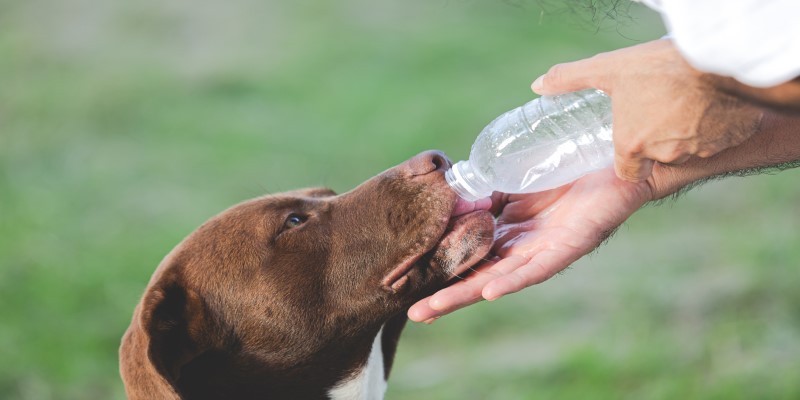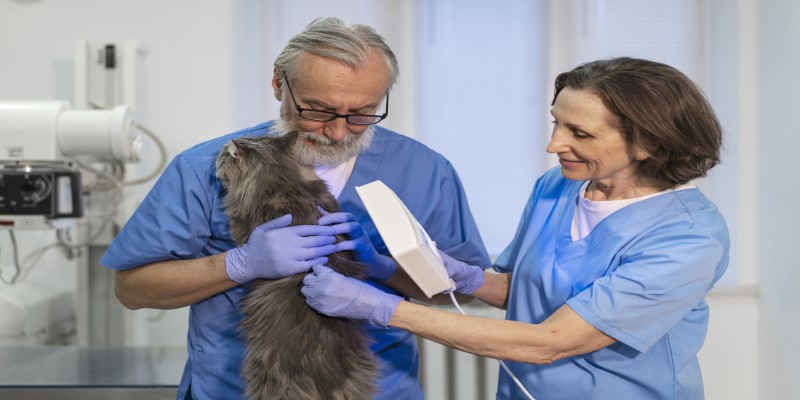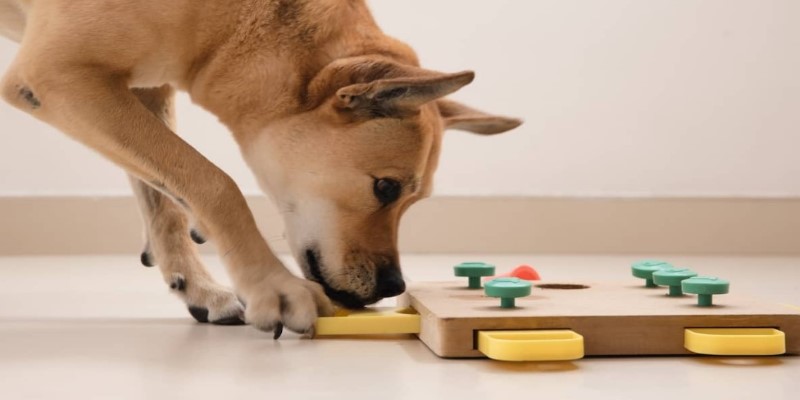Aging Gracefully: Caring For Senior Pets And Their Unique Needs
As our beloved pets age, they bring with them a wealth of memories and companionship. Just like humans, senior pets experience a range of changes that require us to adjust our care and understanding to ensure they age gracefully. This article delves into the unique needs of senior pets and offers insights into how we can provide them with the best quality of life in their golden years.
Understanding The Aging Process In Pets
Pets age at a different rate than humans, and their life stages can vary significantly between species. Generally, dogs and cats are considered seniors when they reach about seven years of age, although larger breeds may age faster than smaller ones. As pets grow older, they may experience physical changes, such as decreased mobility, weight fluctuations, and sensory impairments, along with behavioral changes that can include increased anxiety or changes in social interactions.
Recognizing the signs of aging is crucial for pet owners. Common indicators include reduced energy levels, changes in appetite, increased sleeping, and difficulty with routine activities like climbing stairs or jumping onto furniture. Regular veterinary check-ups become even more important as pets age, as they can help identify health issues early and provide a baseline for changes in their condition over time.
Nutrition
One of the most significant factors influencing a senior pet’s health is nutrition. As pets age, their metabolism slows down, and their dietary needs change. It’s essential to choose a high-quality senior pet food that is formulated to meet the unique nutritional requirements of older animals. Look for foods that are lower in calories but higher in fiber to help maintain a healthy weight and promote digestive health. Senior pet foods also often contain added vitamins, minerals, and antioxidants that support joint health and cognitive function.

Hydration is another critical aspect of nutrition for senior pets. Older animals can be more susceptible to dehydration, so it’s important to ensure they have access to fresh water at all times. In some cases, pets may benefit from a wet food diet, which can help increase their overall water intake.
Exercise
While older pets may not have the same energy levels as their younger counterparts, regular exercise remains vital for their physical and mental health. It helps maintain a healthy weight, supports joint function, and stimulates their minds. However, exercise routines may need to be adjusted to accommodate their physical limitations. Shorter, more frequent walks or play sessions can be beneficial, allowing pets to stay active without overexerting themselves.
Incorporating low-impact activities, such as swimming or gentle fetch games, can also be a great way to keep senior pets active without putting too much strain on their joints. For pets with arthritis or mobility issues, consult with a veterinarian about appropriate exercises and consider physical therapy or aquatic therapy, which can provide gentle movement without impacting their joints.
Health Monitoring
Routine veterinary care is paramount for senior pets. Regular check-ups can help catch potential health issues before they become serious. During these visits, veterinarians can assess your pet's weight, dental health, and overall condition. Blood tests and other diagnostics can help monitor kidney function, liver health, and other vital organs that may be affected as pets age.

Additionally, vaccinations should remain current, and pet owners should discuss parasite prevention, such as flea, tick, and heartworm medications, even for indoor pets. Older pets may be more susceptible to certain illnesses, so proactive health monitoring is essential.
Dental Care
Dental health is often overlooked in older pets but is critical for their overall well-being. Dental disease can lead to pain, infections, and even systemic health issues. Regular dental check-ups and cleanings, along with daily dental care at home, can help maintain good oral health. Providing dental chews or toys designed to promote dental health can also be beneficial.
It’s essential to monitor your pet’s mouth for signs of dental disease, such as bad breath, difficulty eating, or swollen gums. If you notice any of these symptoms, consult your veterinarian for a dental examination.
Comfort
As pets age, their comfort becomes increasingly important. Consider making modifications in your home to accommodate their changing needs. Providing soft, supportive bedding can help alleviate pressure on their joints. Elevated food and water dishes can make mealtime easier for pets with mobility issues.

It's also important to consider their access to essential areas of the home. If they are having difficulty navigating furniture and steps, use ramps or stairs. Keeping a consistent routine can provide comfort and stability for senior pets, as changes in their environment can cause anxiety.
Mental Stimulation
Mental stimulation is just as important as physical exercise for senior pets. Engaging their minds can help prevent cognitive decline and promote overall well-being. Incorporate puzzle toys, interactive games, and training exercises into their daily routine to keep their brains active. These activities can range from simple tricks to more complex tasks that encourage problem-solving.

Social interaction is also vital. Spend quality time with your pet, engaging in gentle play or simply cuddling. The companionship and affection you provide can significantly enhance their quality of life.
Preparing For End-Of-Life Decisions
Caring for senior pets also involves preparing for end-of-life decisions. This can be an emotionally challenging aspect of pet ownership, but it’s essential to consider your pet's quality of life. Veterinary professionals can provide guidance on assessing their well-being and making difficult decisions when the time comes.

Many pet owners find comfort in discussing options for palliative care or euthanasia with their veterinarian, ensuring that their pet does not suffer unnecessarily. Creating a peaceful environment for your pet in their final days can provide solace for both you and your furry friend.
Conclusion
Caring for senior pets is a journey filled with love, patience, and understanding. By recognizing their unique needs, providing appropriate nutrition, ensuring regular veterinary care, and making their environment comfortable, you can help your senior pet age gracefully. Engaging them mentally and physically can enhance their quality of life, allowing them to enjoy their golden years to the fullest. Remember, the bond you share with your pet is invaluable, and with thoughtful care, you can make their later years just as rewarding as the time you spent together when they were younger.
Related Posts
- Aging Gracefully: Caring For Senior Pets And Their Unique Needs
- Canine Communication: Decoding Your Dog’s Body Language
- Dog and Cat Body Language: Common Signals to Understand
- How To Build A Pet-Friendly Garden: Safe Plants And Features For Pets
- Pet Health Trends in 2025: What Every Pet Parent Needs to Know?
- The Health Benefits Of Owning A Pet: How Pets Improve Mental Well-Being